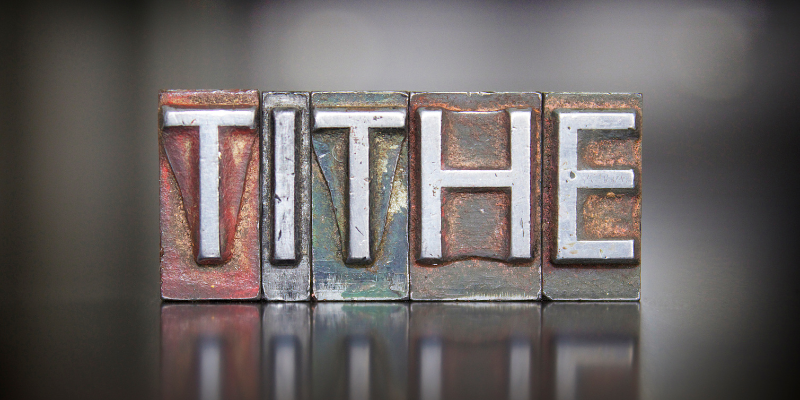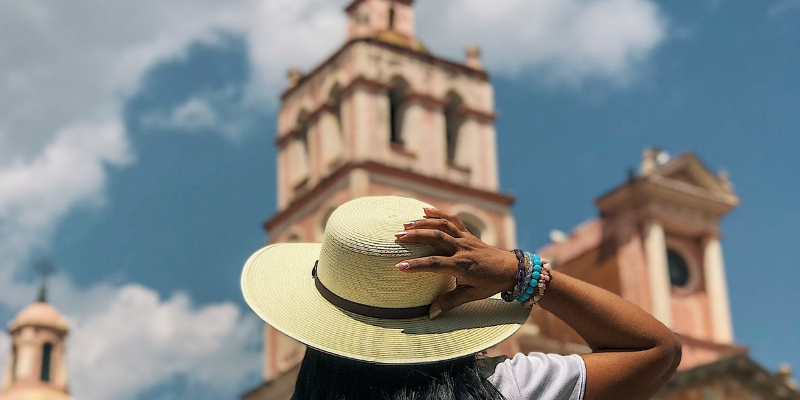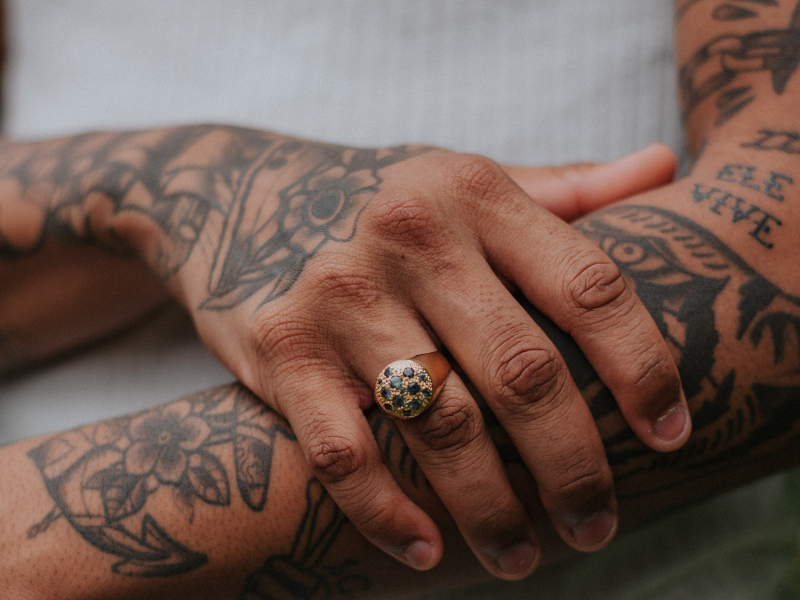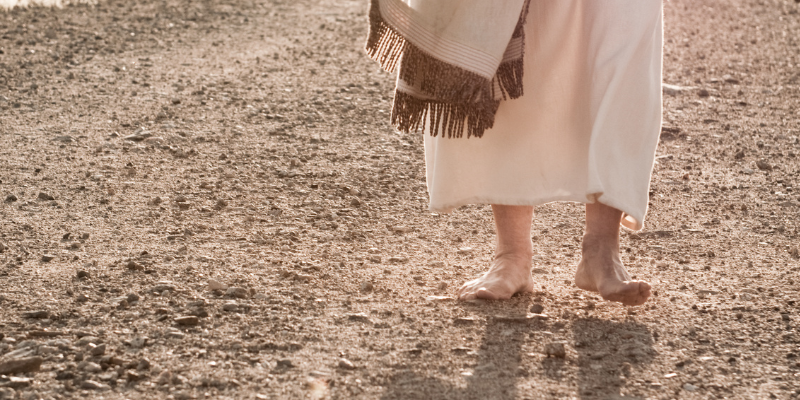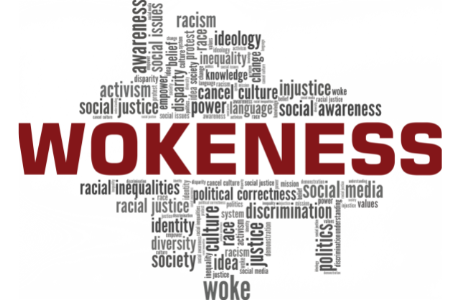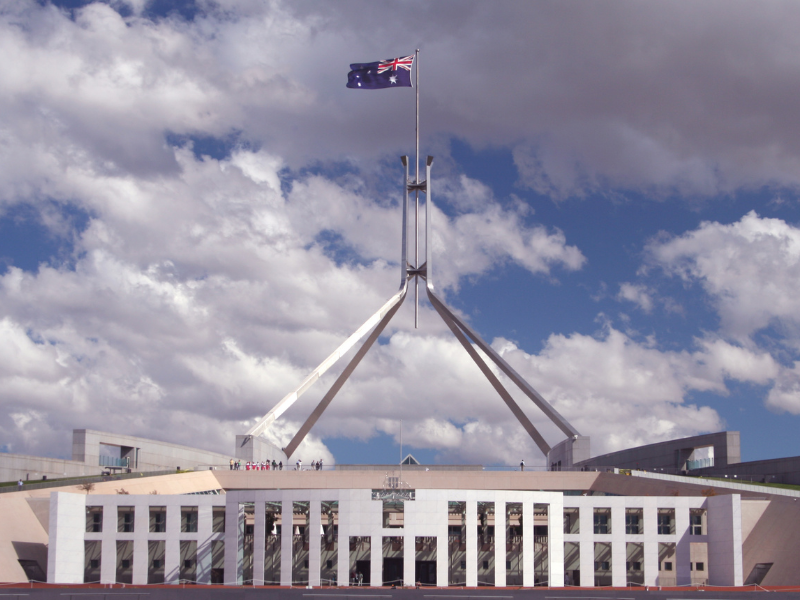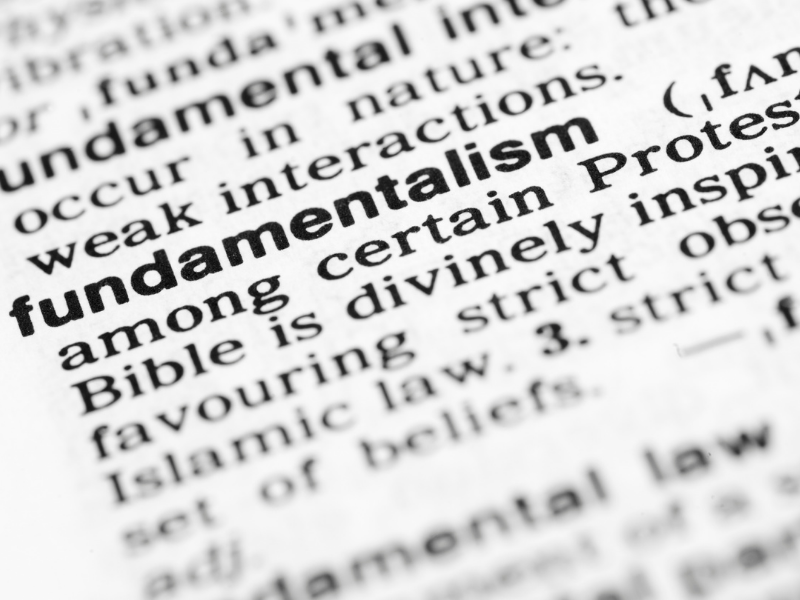Money, particularly its giving, is one of the most frequently mentioned topics in the Bible. It’s also one of the most controversial subjects and likely to provoke a response, often a negative one. Many years ago, I attended a Christian financial seminar where the speaker presented some simple yet powerful truths about managing money. I have implemented his “two basic rules” into my life ever since: (1) Spend less than you earn; (2) Tithe as the first fruits on all your increase.
Tithing, a Biblical principle, involves giving one-tenth of all our increase, income, or possessions to the Lord. The word ‘tithe’ itself means a tenth. As Dr. Billy Graham aptly put it, ‘God’s blessing upon the nine-tenths helps it to go further than the ten-tenths without His blessing!’
Some History
It’s important to remember that tithing isn’t just a practice of the Old Testament Law. It predates the Law, with the first mention of tithing in the Bible found in Genesis 14:18-20. Here, we see Abraham willingly giving King Melchizedek ten per cent of all his increase. This raises the question: Where did Abraham learn this principle? Did he pull this figure out of thin air, did God privately instruct him on a universal principle, or did he learn it from someone else?
It’s likely that Shem, one of Noah’s sons, taught Abram to tithe. Abram was in Shem’s family line, and Jewish tradition identifies Shem and Melchizedek as the same individual.
Therefore, Abram paid the tithe to Shem because Shem had been his teacher. The apostle Paul wrote: “The one who is taught the word is to share all good things with the one who teaches him” (Galatians 6:6). The context of this verse is that the disciple provides material support to their teacher.
Ancient Practice
The influence of Shem’s teaching about God’s tithe is evident among the earliest nations (family clans) after the flood. Tithing was widely practised among Gentiles. It was a custom mandated by the earliest priest-kings, and tithing was observed in ancient nations even before Abraham’s time. Tithing was a universal act among these early societies, with funds used to maintain holy shrines and support the priests.
In Genesis 14, Abram was still a Gentile. Although he became Abraham and the first patriarch of the nation of Israel, his tithing was not a Jewish act; in fact, this event occurred 430 years before the Law of Moses. This highlights the timeless nature of tithing, a practice that has been upheld for centuries. The Law of Moses adopted the principle of tithing and developed it.
Three Tithes
The Law of Moses presents truths about tithing that, if applied today, offer excellent advice on giving and saving. Under the Law of Moses, there were three tithes:
- The Lord’s tithe: 10% of gross income to support the priesthood and temple (Numbers 18:21).
- The Family’s tithe: The next 10% is saved for the future to support the family (Deuteronomy 14:22-27).
- The Poor tithe: Every third family’s tithe was given to the poor (Deuteronomy 14:28-29).
It’s fascinating to note that 2.4% of the American population today is Jewish, controlling over 25% of the nation’s wealth, a percentage that rises each year. Could it be that many of them practice these tithing principles?
Gross or Net?
Another common question about tithing is, ‘Should I tithe on my gross or net income?’ Jesus often responded to a question with a question, so I’ll follow in His footsteps: Should we be looking for a way to give more or less to God? Christie and I have always tithed on our gross income because we believe it is the right approach. In any case, this question arises due to our taxation system. Until just over a hundred years ago, people were paid their full wage and were responsible for paying their taxes. It’s still this way in some countries today.
The question is, “Who should be paid first—God or government?” Jesus said, “Give back to Caesar what is Caesar’s and to God what is God’s.” He also taught us to seek God’s Kingdom first.
How ought we to tithe?
Three principles should be observed when tithing:
- The First: As mentioned above, we are to put God first in our giving: Honour the Lord with your possessions, and with the firstfruits of all your increase. In scripture, the first of anything is sacred to the Lord.
- The Best: The prophet Malachi tells us that some people offered God blind, lame, or diseased animals, much like those who donate torn or dirty clothes to charity bins. Our giving should never consist of unwanted leftovers.
- The Lot: Out of any increase we receive, we are to give a tithe to God first. This includes our salary, lump sum payments, inheritance, superannuation payouts, gifts, holiday pay, share dividends, bonuses, etc. God calls us to honour Him with the first fruits of ALL our increase. Any less dishonours Him.
Where should I donate my tithe?
As mentioned already, the Lord’s tithe (10% of gross income) went to support the priesthood and temple: “Bring the whole tithe into the storehouse, that there may be food in my house“ (Malachi 3:10). God expected His people to provide for His work, from which they and others would benefit. In the New Testament Book of Acts, people brought money and laid it at the apostles’ feet. The placement of the gift “at the apostles’ feet” indicated that the money was for the church’s work and not meant to be a personal gift.
The Bible conveys that God’s people must contribute to God’s work through their leaders (1 Cor. 9:9, 14; 1 Tim. 5:17-18). These leaders, in turn, are responsible for allocating these funds to advance God’s kingdom on earth.
Why should I give a tithe?
We tithe out of gratitude for the past and to ensure our priorities are right in the present. The purpose of tithing is to teach you to always put God first in your lives (Living Bible). It reminds us that God holds the first place in our lives and helps us establish our priorities. We tithe as a statement of faith for the future, demonstrating our trust in God.
Tithing is a great floor but a poor ceiling. Giving the first 10% of our increase to God’s work through our local church is a good starting point, but this principle is intended to be liberating rather than limiting. C.S. Lewis used to give away two-thirds of his income. R.G. LeTourneau, author of the inspiring book Mover of Men and Mountains, gave 90% of his. The more God blesses us, the larger the percentage we should give back to him.
J.D. Rockefeller wrote, “I never would have been able to tithe the first million dollars I ever made if I had not tithed my first salary, which was $1.50 per week.”
I encourage you to start or continue with the exciting journey of generosity to help build God’s kingdom.

